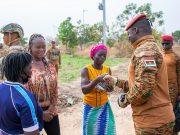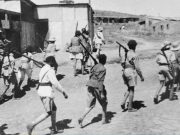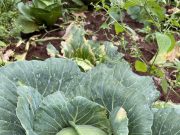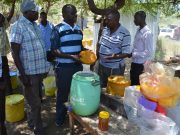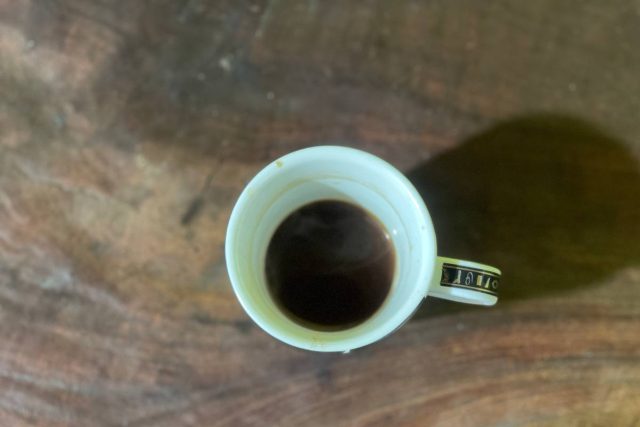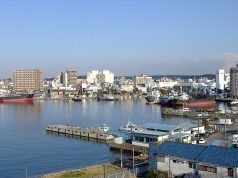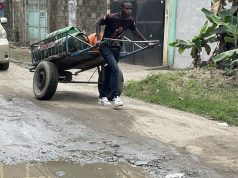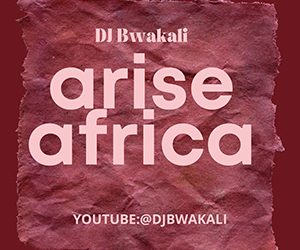I grew up knowing that on the Swahili coast, real conversations begin with a tiny cup. We call it kahawa tungu. Many elders also say kahawa chungu. Either way, it is the same thing: strong, unsweetened, cardamom-kissed coffee that arrives in a small cup but carries centuries of history.
When I sit on a baraza bench in Lamu or Old Town Mombasa and lift that cup, I taste the ocean. I taste monsoon winds that once carried dhows from Mogadishu to Kilwa, from Muscat to Mombasa, from Mocha in Yemen to Zanzibar. Coffee crossed with merchants, sailors, scholars, and poets. The Arabic qahwa became our Swahili kahawa, and somewhere on this coral-stone shoreline it found its ritual: roasted dark, ground fine, simmered in a brass birika with iliki and sometimes karafuu. No sugar. Bitterness on purpose. Sweetness arrives next to it as a companion, not an ingredient: a date, a square of haluwa, a warm mahamri or vitumbua.
The bitterness is deliberate. It slows you down.
Kahawa tungu is not a caffeine fix. It is a ceremony. Weddings in Mombasa serve it to bless the union. Ramadan nights in Zanzibar pour it to stretch the evening. Fishermen sip it at dawn before pushing their ngalawas into the surf. Elders take it while settling neighborhood disputes, because clarity loves a bitter cup. Street vendors announce it with a soft clink of cups and a greeting that feels like a drumbeat: karibu, bwana, kahawa tungu?
The bitterness is deliberate. It slows you down. It tells you, breathe, listen, choose your words carefully. That is why coastal negotiations often start here. Before money changes hands in the spice market, before a new taarab melody is argued into shape, before a politician promises the world, someone says, “Kwanza kahawa,” and the room resets to honesty. In a world that chases sugar and spectacle, kahawa tungu insists on depth.
This coffee also anchors our food culture. Coastal cuisine leans into balance: the velvet of nazi in biryani ya Pwani, the perfume of pilau, the crunch of viazi karai, the gentle sweetness of mkate wa sinia. Kahawa tungu cuts through those textures and ties them together. You finish a plate, then take a sip, and your palate returns to neutral ground, ready to keep talking, ready to keep being community.
People ask me why we keep calling it “bitter” when life is hard enough. I tell them bitterness here is not punishment. It is memory. It reminds us that our coast was shaped by exchange and struggle, by sultans and slaves, by merchants and mothers who kept recipes alive. It honors the hands that pull the birika off the coals at just the right moment and pour with a steady wrist into white porcelain cups. It respects the discipline of not reaching for sugar, of letting flavor speak plainly.
As DJ Bwakali, I celebrate this cup because it is a curriculum. It teaches patience, balance, and belonging. It teaches that African culinary identity is not an afterthought. It is architecture. On the East African coast, kahawa tungu is one of its foundation stones. So the next time you hold that small, aromatic cup, hold it like a book. Sip slowly. Read your history. And let the ocean breeze turn the page.




